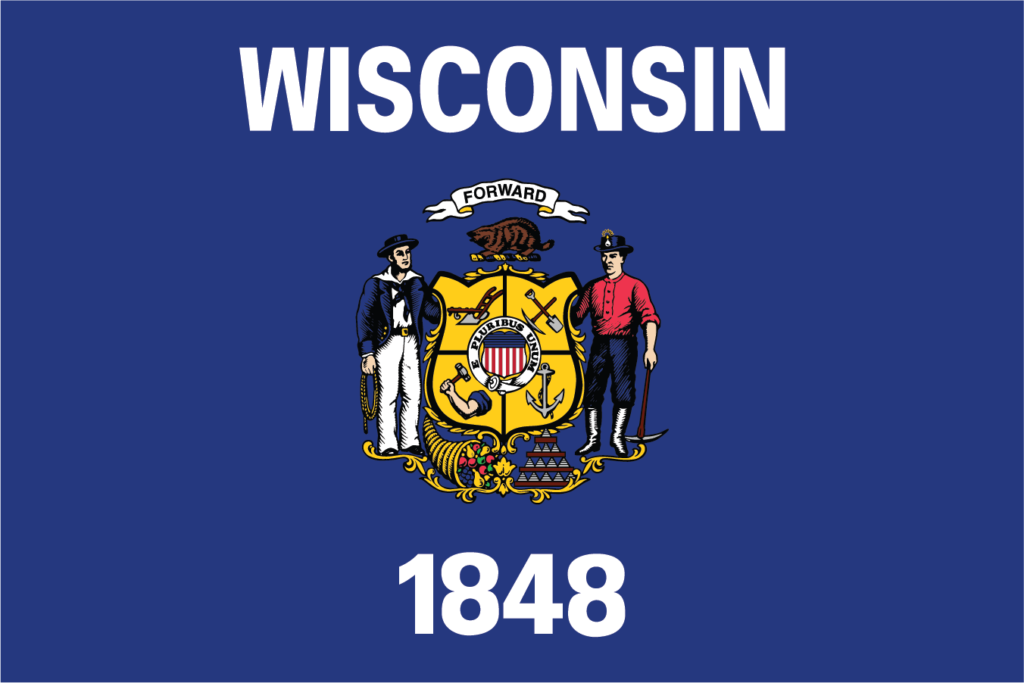
Occupational licensure is one of the most overarching labor market issues facing low-income workers. The proportion of the labor force required to obtain a license exceeds that of both minimum wage earners and union members.1,2,3 The costs of licensing, such as exams, training courses, continuing education, and application and renewal fees, can present significant barriers to work, particularly for those for whom money is the tightest: Americans who are low-income, unemployed, and/or dislocated workers.
On July 1, a new occupational licensing fee structure went into effect in Wisconsin that brought down licensing fees for 127 licensed occupations and professions—approximately 75% of all occupations and professions licensed by the Wisconsin Department of Safety and Professional Services (DSPS). An estimated 361,000 individuals who apply for or renew a Wisconsin license during the next biennium will pay a reduced fee as a result, promoting new economic activity and making it easier for low-income individuals to climb the economic ladder. Initial application fees were reduced by an average of $26.78, and renewal fees saw an average reduction of $57.42. This is approximately a 32.5% reduction in the average total fees associated with obtaining a license in Wisconsin.4
The change stems from Wisconsin Statute § 440.03(9)(a), which requires DSPS to conduct a licensing fee study every two years.5 Moreover, under chapters 440 and 480 of Wisconsin statutes, licensing fees charged to occupations and businesses under the department’s authority must be at cost.6,7 That is, licensing fees must not exceed the approximate administrative and enforcement costs of regulating those occupations and professions. According to DSPS, the new fees are projected to provide sufficient revenue to cover existing operating expenses and afford the department the ability to maintain staffing levels that will ensure customer service remains a top priority.
Fee changes of this magnitude have not occurred in Wisconsin since the 2009-2011 biennium. This most recent fee study was the first to utilize new data on the costs associated with administering occupational licenses that is more accurate and detailed than what was previously available. As a result, the department was able to make more precise estimates of operating costs and thus usher in the first major overhaul of licensing fees in a decade.
“Thanks to technology integration and advancements, the department can better manage resources needed to regulate professional licenses and credentials while passing on those savings to our customers,” said DSPS Secretary Dawn B. Crim. “Lowering financial barriers for people who enter these professions for the first time as well as making the renewal process more affordable promotes economic growth and stability while protecting the citizens of Wisconsin who rely on these professional services.”
Wisconsin is one of 16 states chosen to participate in the National Occupational Licensing Learning Consortium, which is a multi-year program coordinated in part by The Council of State Governments that explores ways to reduce unnecessary barriers to labor market entry and streamline licensing processes. The other states selected are Arkansas, Colorado, Connecticut, Delaware, Idaho, Illinois, Indiana, Kentucky, Maryland, Nevada, New Hampshire, North Dakota, Oklahoma, Utah and Vermont.
Sources
- U.S. Bureau of Labor Statistics. (2018). Data on certificates and licensing. Retrieved from https://www.bls.gov/cps/cpsaat49.pdf
- U.S. Bureau of Labor Statistics. (2019). Characteristics of minimum wage workers, 2018. Retrieved from https://www.bls.gov/opub/reports/minimum-wage/2018/pdf/home.pdf
- U.S. Bureau of Labor Statistics. (2019). Union Members – 2018. Retrieved from https://www.bls.gov/news.release/pdf/union2.pdf
- Carpenter, D. M., Knepper, L., Sweetland, K., & McDonald, J. (2017). License to Work: A National Study of Burdens from Occupational Licensing 2nd Edition. Arlington, VA: Institute for Justice. Retrieved from http://ij.org/wp-content/themes/ijorg/images/ltw2/License_to_Work_2nd_Edition.pdf
- Wis. Stat. § 440.03. Retrieved from http://docs.legis.wisconsin.gov/statutes/statutes/440/I/03/9/a
- Wis. Stat. § 440. Retrieved from https://docs.legis.wisconsin.gov/statutes/statutes/440
- Wis. Stat. § 480. Retrieved from https://docs.legis.wisconsin.gov/statutes/statutes/480
This workforce product was funded by a grant awarded by the U.S. Department of Labor’s Employment and Training Administration. The product was created by the recipient and does not necessarily reflect the official position of the U.S. Department of Labor. The Department of Labor makes no guarantees, warranties, or assurances of any kind, express or implied, with respect to such information, including any information on linked sites and including, but not limited to, accuracy of the information or its completeness, timeliness, usefulness, adequacy, continued availability, or ownership. This product is copyrighted by The Council of State Governments.